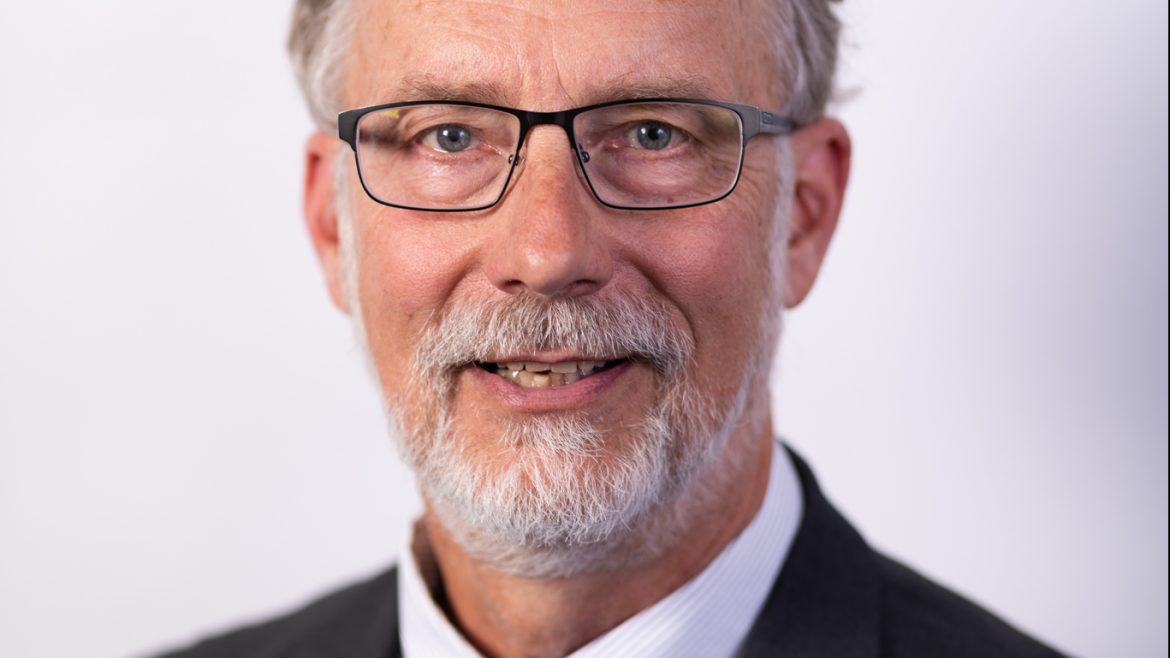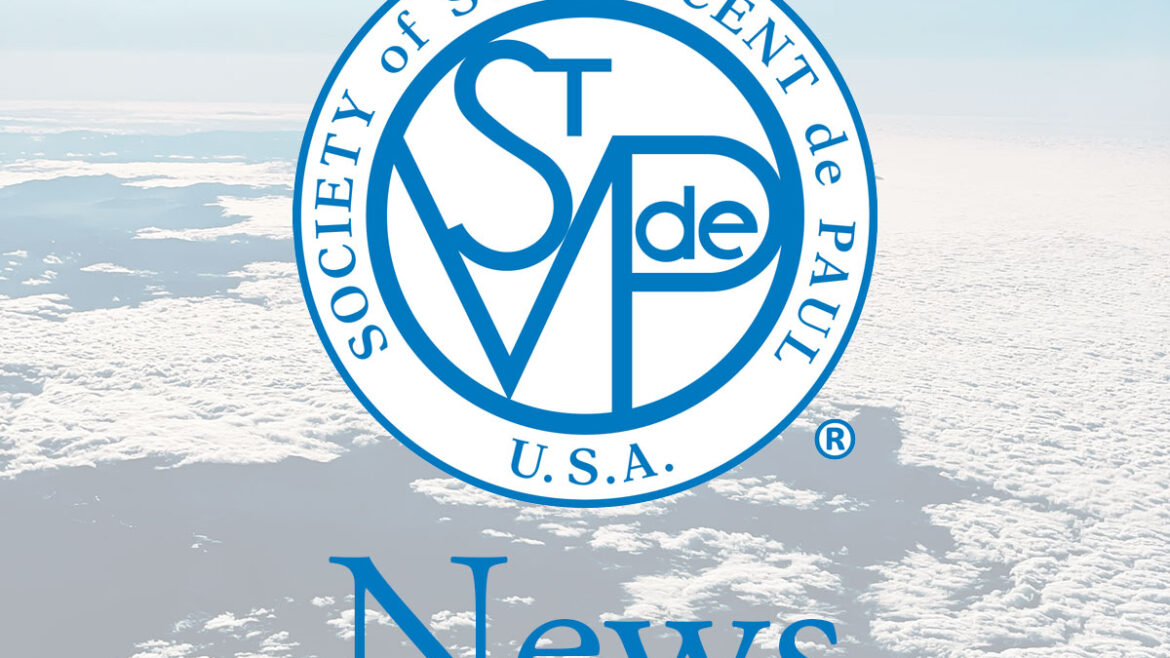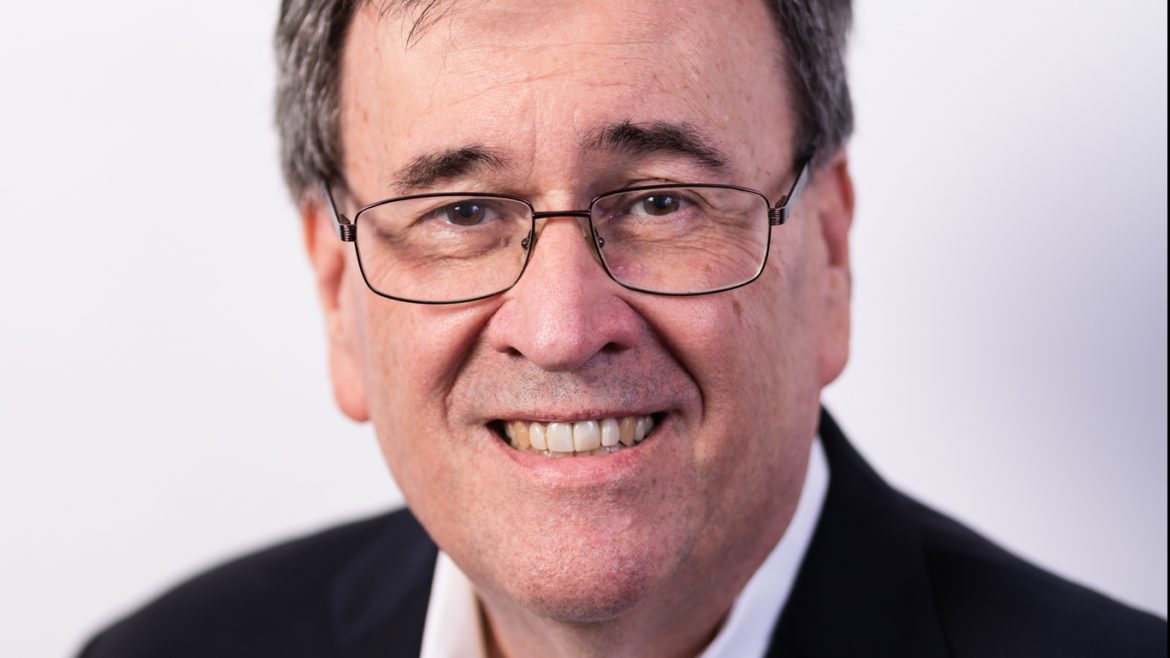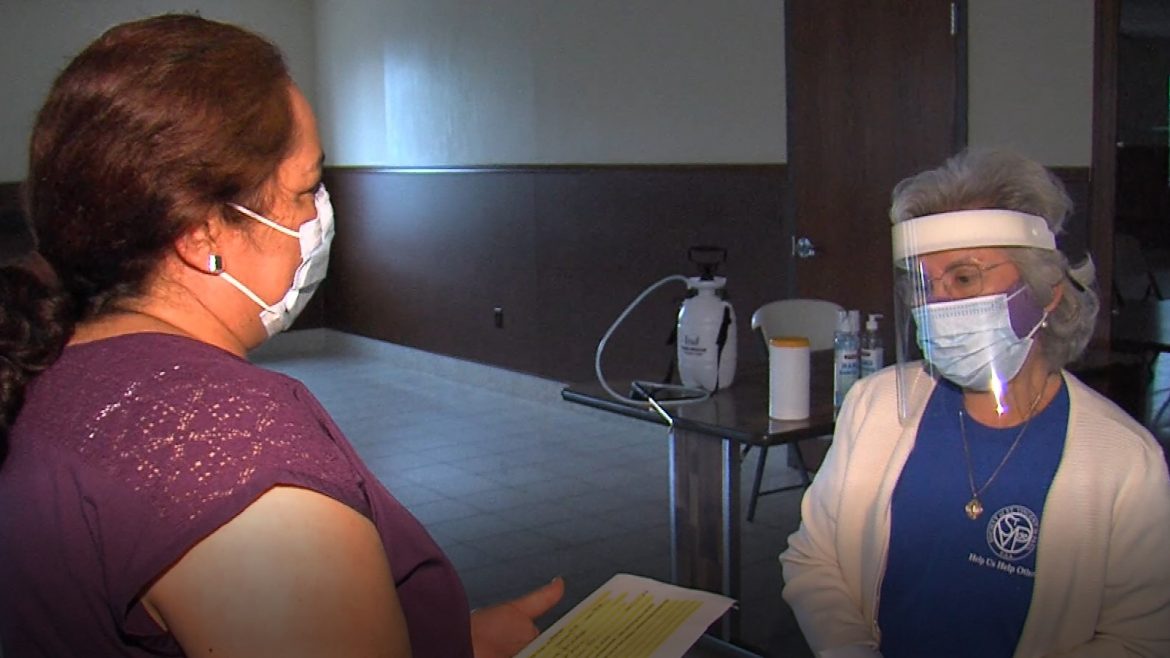Dear Vincentian Friends,
It was a pleasure to gather in Houston last week with more than 600 Vincentians for the 2021 Assembly of the National Council of the U.S., Society of St. Vincent de Paul. We listened to excellent presentations, participated in wonderful liturgies, socialized with friends old and new, and conducted the National Council’s business. Thank you to the Houston Council, our national committee members, and the national office staff, who all did an outstanding job to make this event a success during what remains a difficult time.
Of course, most of you reading this did not attend. Let me tell you, however, how you can benefit from what we did at this Assembly, and how you can use it in your Conferences and Councils.
The keynote addresses at the Assembly were all video-recorded and will be available on the National Council website within the next few weeks. The presentations by Bishop Donald Hying, Dr. Jaime Waters, and Rev. Dennis Holtschneider were outstanding. I hope all of you will watch these presentations personally, but they could also be used well communally to enrich a Council gathering or retreat.
The committee meetings and workshops at the Assembly covered a wide range of topics at the forefront of our strategic efforts. Some of these workshops will be available on our website. Even for the Assembly sessions that were not recorded, the work done at this meeting will be in evidence as new materials are produced to help grow our Society.
At the Business Meeting of the National Council, your representatives passed two important resolutions. The first was phase two of our National Strategic Plan. The second was a resolution approving a document on the protection of vulnerable persons. Passing these resolutions was significant, but with both of these measures, it will be even more important to do the work of implementing them at every level of the Society. Expect to hear more about these two subjects from your local leadership and in this E-Gazette.
These few observations only scratch the surface of the experience that helped renew our enthusiasm for the work of our Society and our dedication to it. Let us also commit to revitalizing the Society through the fruits of this National Assembly. On Sunday, we left the meeting faced with the reality of a hurricane about to bring destruction and flooding to many of our communities, even as others were already suffering from fire. Of course, we all are surrounded by the impact of COVID-19, as well. So let us pray for the health and safety of all our family and friends – and especially the Vincentians who attended this meeting.
One final note: Frederic Ozanam’s feast day is next week on September 9. I ask you to observe the day in some special way. Continue to pray that this will be the year that the Church recognizes his cause for canonization. In so many ways, he is a model the Catholic laity can look to on our journey of faith.
Serviens in spe,
Ralph Middlecamp
National President





